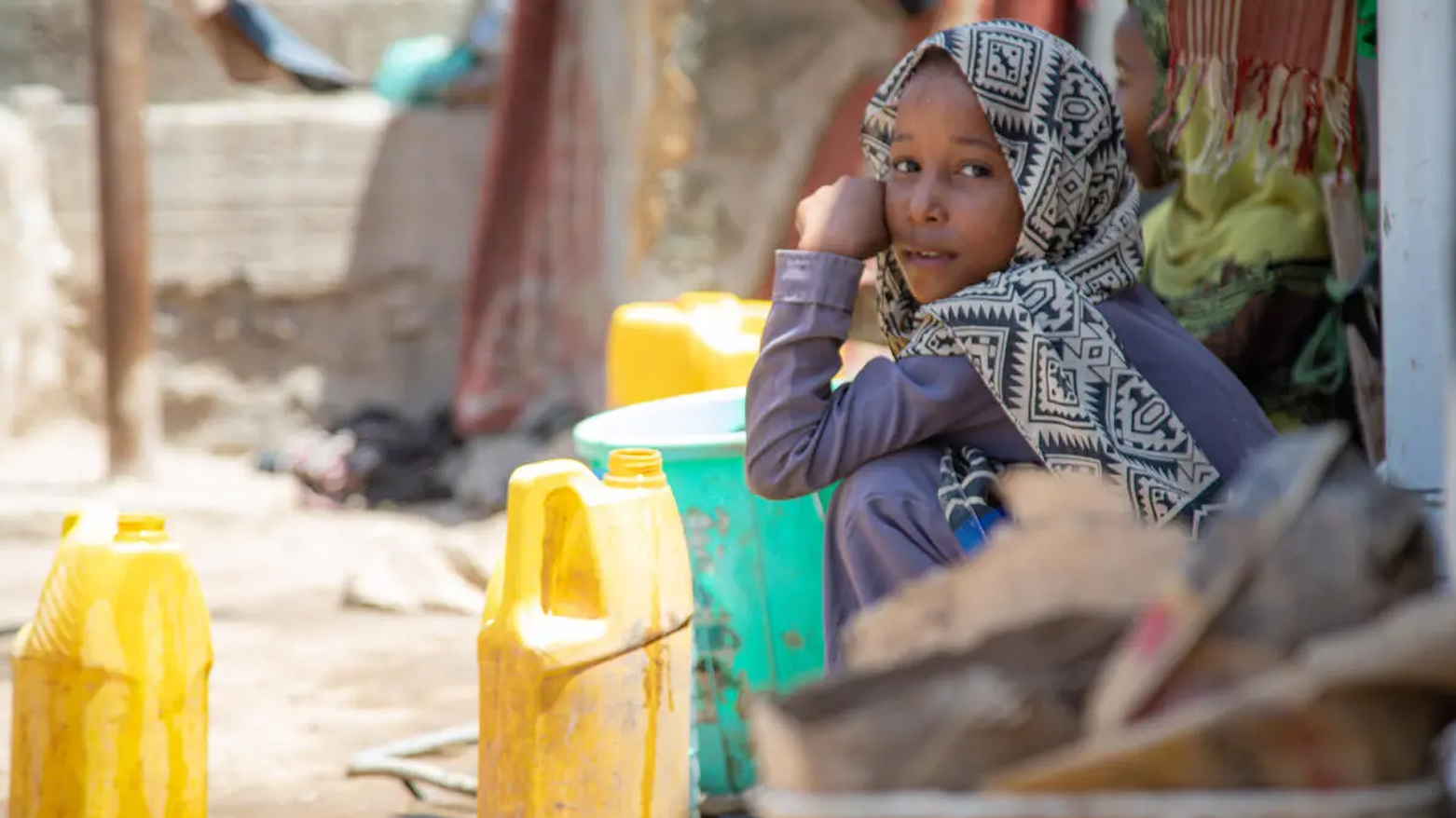UN: More than 17 million people are starving in Yemen
UN warns Yemen faces famine: 17M hungry, 1M children malnourished. Funding crisis threatens aid as cholera drops 70%. Urges global action: 'Back us to avert catastrophe.

By Ahora Qadi
ERBIL (Kurdistan24) – The United Nations Relief Chief Tom Fletcher issued a stark warning to the Security Council on Wednesday, urging immediate international action as Yemen teeters on the brink of famine-like conditions, with more than 17 million people facing hunger and over a million children under five suffering from acute malnutrition.
Speaking from New York, Fletcher highlighted the rapid deterioration of the humanitarian situation in Yemen since late 2023, describing the crisis as the worst the country has seen since before the 2022 UN-brokered truce.
A Nation Slipping into Starvation
In his briefing, Fletcher confirmed that “more than 17 million people in Yemen are going hungry today,” a figure that could rise to over 18 million in the coming months. He also noted that “over one million children under the age of five are suffering from life-threatening malnutrition,” with the number expected to climb to 1.2 million by early 2026 if urgent measures are not taken.
Fletcher painted a grim picture of growing food insecurity in the governorates of Hajjah, Hodeida, and Amran, warning that entire communities are once again slipping into famine conditions. The humanitarian chief emphasized that this alarming situation is unfolding “just as global funding is plummeting.”
Severe Funding Shortfalls and Growing Vulnerabilities
The humanitarian funding gap, Fletcher explained, is not only undermining food assistance programs but also threatening critical health and protection services, especially for “the 6.2 million women and girls at risk of gender-based violence.” Many services are now on the brink of collapse, endangering thousands of lives.
Despite these constraints, UN teams on the ground are striving to sustain life-saving operations. Innovative approaches have kept cholera cases down by 70 percent and ensured that more than 650,000 children with moderate malnutrition are receiving ready-to-use therapeutic food.
Additionally, over 3,200 health facilities continue to provide care to 7.2 million people, despite the scarcity of resources.
Localized Response and Promising Initiatives
Fletcher underscored the importance of empowering local actors, noting that “65 percent of the allocations this year from the Yemen Humanitarian Fund have gone to national NGOs, a third of which are led by women.” These efforts reflect a shift toward community-based response strategies that prioritize sustainability and long-term recovery.
He also hailed recent breakthroughs, including an agreement between authorities on both sides of the Taiz frontlines to jointly manage water systems, restoring access to clean water for tens of thousands. The UN is now investing $2 million to expand water access to 90,000 people, with plans to scale up to 600,000 beneficiaries.
Moreover, the reopening of a key road between Aden and Sana’a has reduced travel times and improved access to essential services for civilians for the first time in seven years. Efforts are also underway to clear unexploded ordnance along the route to ensure safe passage.
A Global Call for Action
Fletcher concluded by calling on the international community for three urgent actions: increased funding for emergency food and nutrition support, the unconditional release of detained UN and NGO workers, and renewed commitments to upholding international humanitarian law.
"We can do so much more, if you back us," Fletcher stressed, urging Security Council members to act decisively to avert catastrophe in Yemen.
The warning comes as climate shocks, dwindling aid, and the aftershocks of conflict converge to deepen suffering in a country already pushed to its limits. With time running out, the UN has made clear that global solidarity is not only necessary—but imperative.
